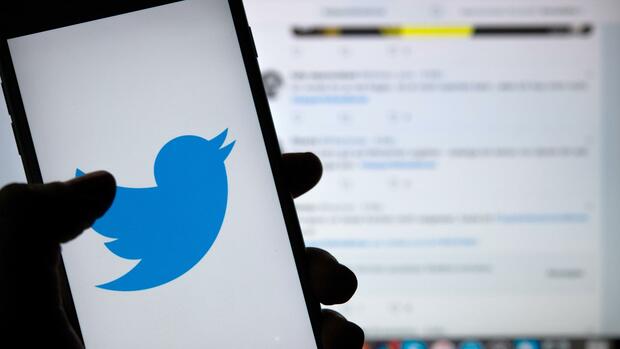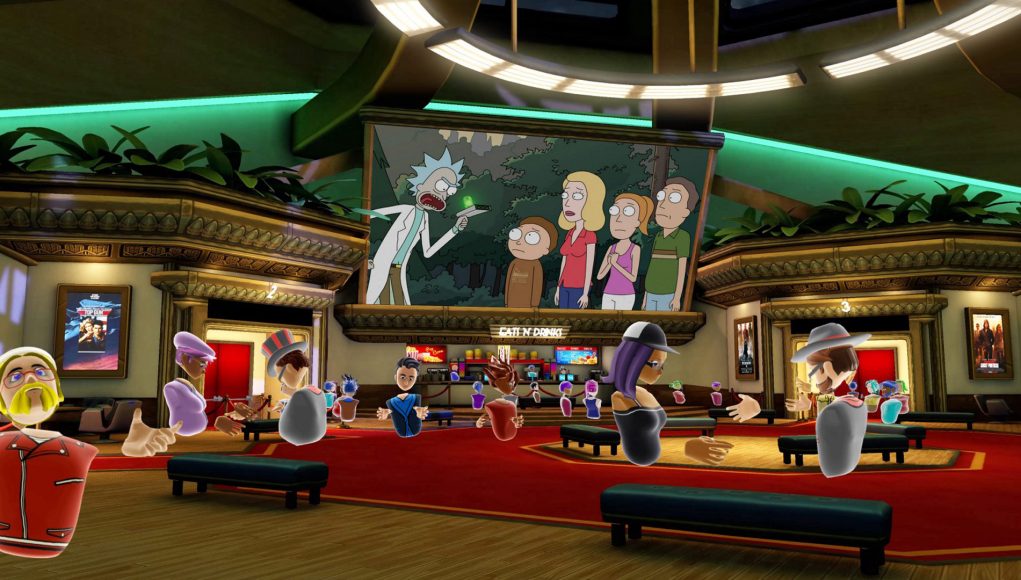San Francisco Twitter’s board of Directors decided to take defensive measures against a purchase of the company at a special meeting on Friday. The new rules were adopted unanimously, the company said.
The Board of Directors has adopted a so-called “poison pill”. This is a measure that companies can usually take to ward off a hostile takeover.
The poison pill takes effect when an individual or group acquires at least 15 percent of Twitter’s outstanding common shares without the Board’s approval. Then the other shareholders have the opportunity to purchase additional shares at a discount. That would make a takeover more difficult. The rule is to apply for one year.
The day before, Elon Musk had announced that he would buy 100 percent of Twitter’s shares for about $ 43 billion and then take the company off the stock exchange. Musk has already bought a 9.2 percent stake in the past few weeks. Investors on the stock exchange do not believe that Musk will reach his goal: in New York trading, the share price fell by about 1.7 percent to the $ 45 mark in mid-day trading. However, the poison pill does not mean a final rejection of the takeover offer by the Board of Directors.
The board explicitly reserved the right to continue to approve a sale of the company “if the Board believes that this is in the best interests of Twitter and its shareholders,” the Twitter statement said.
Elon Musk wants to buy Twitter
San Francisco-based founder Mostafa Akbari-Hochberg said Musk offered too little money at $54.2 per share. “The offer is priced ten dollars per share too low,” said the CEO of Holobuilder. “At $65 or more per share, the sentiment would be very different,” Akbari-Hochberg suggested.
A prominent Twitter investor also described Musk’s offer as too low. Saudi Arabian Prince Alwaleed bin Talal said the offer did not even come close to matching the value of the social media platform.
At a conference on Thursday, Musk had said that he was not sure whether he “will actually be able to acquire it”. He added that his intention was to “retain as many shareholders as the law allows”, rather than remain the sole owner of the company himself.
“If the deal does not materialize, as I have no confidence in management nor do I believe that I can drive the necessary change in the public market, I would have to reconsider my position as a shareholder,” Musk said.
Musk is by far the richest person in the world. His fortune is estimated by the financial service Bloomberg on the basis of recent stock prices at 251 billion dollars (232 billion euros). The wealth is mainly made up of investments in the electric car manufacturer Tesla and the space company SpaceX. So for a Twitter purchase, he would either have to sell shares or take out loans with the holdings as collateral.
Twitter’s weak hedge against takeovers
But even if Musk can make the necessary funds liquid, shareholder approval is the big hurdle. In addition to free float, Twitter has several financial investors as major shareholders, each holding between two and eight percent of the shares. It would therefore not be enough to convince only a few major shareholders of the sale.
At the same time, Twitter is not as well protected against hostile takeovers as Facebook, Amazon or Google, where founders got shares with more voting rights. This allows them to retain control of the company even if they no longer hold the majority of the shares. Instagram Facebook, for example, said that this ensures that “Mark Zuckerberg the 14th” still retains control over Facebook, WhatsApp and Instagram.
As a reason for his interest in Twitter, Musk claims that he wants to strengthen the freedom of speech on the platform. This is only possible if the short message service leaves the stock exchange, he argues. Musk described his idea of freedom of speech as follows: “When someone you don’t like is allowed to say something you don’t like.“ Within the framework of the laws, all opinions should be allowed.
This attitude has attracted criticism from experts such as former Facebook security chief Alex Stamos. You don’t increase the value of a platform by having it filled with 99.9 percent pornography as well as ads for fake brand sunglasses and sexual enhancers.
In recent years, it has been mainly the conservatives and especially the supporters of former President Donald Trump in the USA who accused Twitter and other online platforms such as Facebook of “censorship”.
These were mostly measures against the spread of false information about the coronavirus, as well as Trump’s false claims that he had been robbed of victory in the 2020 presidential election.









